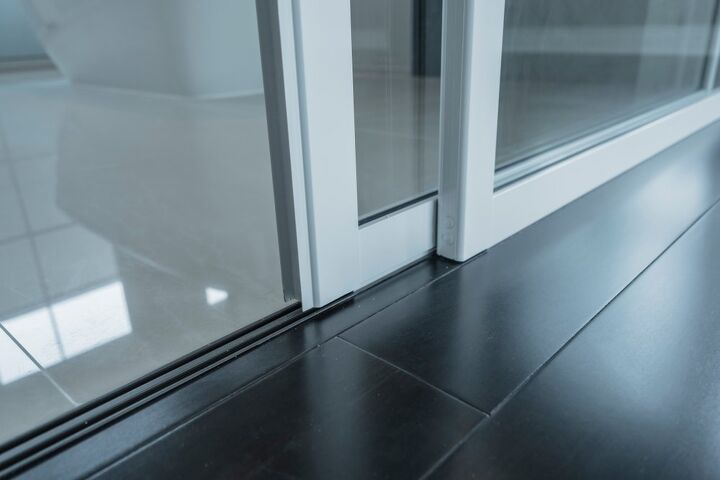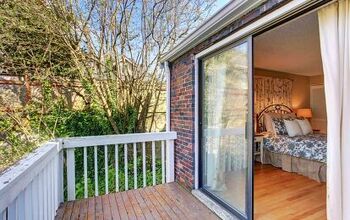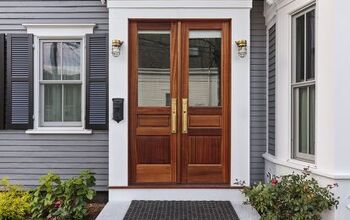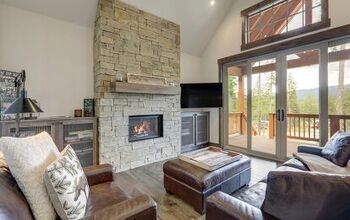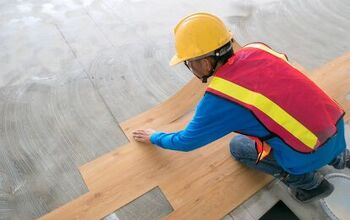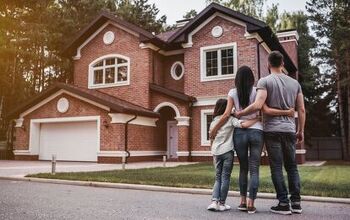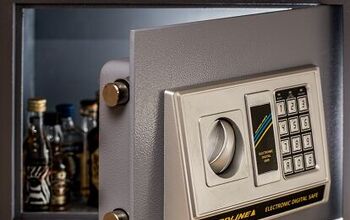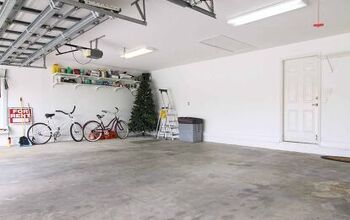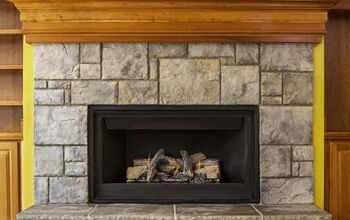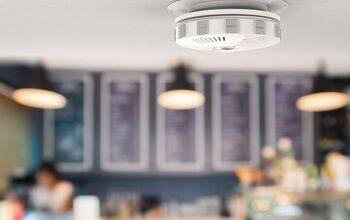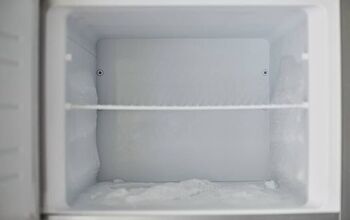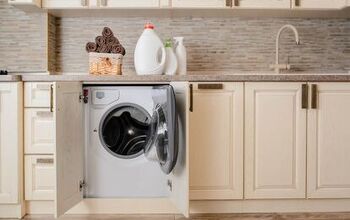Sliding Glass Door Screen: Should It Be Inside Or Outside?

Sliding glass doors are a wonderful addition to any home. Sliding glass doors are typically characterized as a large glass window opening that provides door access. This door leads to the outdoors, it provides fresh air and natural light. Sliding glass doors are typically made as one single unit with two panels, and a screen running along one side.
Typically, sliding glass doors are known to have a screen on the inside, but they can also be found on the outside. Oftentimes this is determined by the manufacturer of the sliding glass door. If the manufacturer has not determined which side the screen should be on in relation to your glass door, there are sometimes opportunities to decide which placement you want.
There are both positives and negatives to both options, and a lot of decisions to weigh when deciding whether or not you want your sliding glass door screen inside or outside. Regardless, if you fall in love with a specific sliding glass door, you will have to decide which is more important to you: the specific door, or choosing where your screen is placed.
Do You Need Sliding Door Installation Services?
Get free, zero-commitment quotes from pro contractors near you.

Benefits of Having a Screen Inside
Most screens are placed on the inside of the screen. This is because there are many benefits to having your screen on the inside, with the sliding glass panel on the outside.
Save From Wear & Tear
The main benefit of this is that when the wind blows against the glass panel, it will create a tighter seal. This can also help to eliminate any build-up that might happen on the track, while also saving the screen from added wear and tear. This will save you money in the long run.
Fewer Bugs
Having your screen on the inside will also allow you to have fresh air coming in your home, without the risk of bugs. This can be great when there is warm weather and you want to enjoy it without risking bug bites. Leave the screen open, enjoy the nice weather, but avoid the risk of mosquitos or flies coming into your home.
Protect Against Weather
Another very beneficial feature and reason for manufacturers to put a screen on the inside is that the glass is a better barrier against the weather. This is due to the fact that they are very difficult to lift off when they are closed and locked. For anyone that lives in a climate that snows, it is almost imperative to have a screen inside.
Downfalls of Having a Screen Outside
More Maintenance
Some sliding glass patio doors have the sliding door on the outside. This can leave the track exposed to debris buildup. This would require extra maintenance.
Security Issues
Another problem with an outside screen is that there is a possibility for the door to be lifted up and removed from outside. Some people believe that this could possibly create security issues and leave your home open to intruders. Despite these thoughts, as long as the inner door is locked then you should not have trouble.
It is important to always check with the manufacturer to understand how your screen placement relates to security.
Exposed To Weather
Weather is a huge downfall when it comes to outdoor screens. If you are living in a place where there are high winds, having a screen on the outside wouldn’t make sense. Ths screen could be blown off at any moment. The same can be said regarding snow, or storms with rattling winds.
Sliding Glass Door Options
Traditional
Traditional sliding doors are designed in two-panel sections. One section is stationary, while the other moves to slide open. The door is usually a movable rectangular framed sheet of window glass and is mounted parallel to another fixed piece. There is also often a similar-sized panel of screen that runs along the same track.
Disappearing
Disappearing glass doors have glass panels that slide into open-wall pockets. These totally disappear and have a larger open space.
Trackless and Disappearing
This style of door has glass panels that are suspended from above. These leave the floor plane completely trackless. They are also able to disappear into side pockets but drop down to create a waterproof seal.
Opening Corner
In order to slide away from a corner, this style of sliding glass door leaves no corner post or framing in its wake. Instead, the corner is made of two vertical sections that slide together.
When Are Sliding Glass Doors Used?
Sliding glass doors are most commonly used as doors between rooms of a home and a deck, balcony, patio, courtyard, garden, backyard, or swimming pool area of outdoors. When leading directly to an outdoor area, sliding glass doors are known as patio doors.
Regardless of if the placement of the screen is indoor or outdoor, the door still retains the same general name.
Do You Need Sliding Door Installation Services?
Get free, zero-commitment quotes from pro contractors near you.

Related Questions
Can all screens be placed on either side?
Not all screens can be placed on either side. It really depends on your sliding glass door. If the screen on your sliding patio door is already installed on the inside (interior) of your home, it most likely cannot be changed to the outside without serious construction.
Which is more common, a screen on the inside or outside of a sliding glass door?
It is more common to see a screen on the inside of a glass door in warmer climates. This makes sense, due to the many positive aspects of having the screen on the inside, and the lack of poor weather conditions.
Are sliding glass doors good for heat retention?
Swinging glass doors are known to be a better choice for heat retention than sliding glass doors. This is due to the fact that they offer a tighter seal. Despite this, glass doors of all types should have insulated frames and be double or triple glazed. Metal framed glass doors need to have thermal breaks and utilize curtains, shades, or blinds. This aids in heat retention in cold seasons, and keeping the heat out during the warm months.

Real estate agent and copywriter, originally from California. Chloe brings her real estate expertise into her writing to create effective and helpful home guides for you! When not writing or selling homes, she spends her time as a digital nomad traveling the world.
More by Chloe Meltzer



